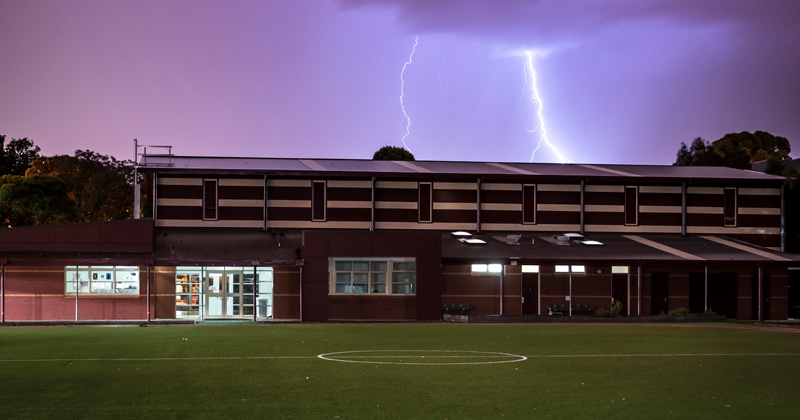The proportion of pupils meeting the government’s “expected standard” in reading, writing and maths SATs rose slightly this year, but is still not yet back to pre-pandemic levels.
Results data published by the government this morning shows 61 per cent met the benchmark in the three tests, up from 60 per cent in 2023.
In 2022, following two years of SATs cancellations due to Covid, the proportion reaching the expected standard in the three subjects dropped to 59 per cent, down from 65 per cent in 2019 and the lowest seen since 2016.
This year’s data shows a slight improvement in reading, writing and science, while attainment in maths and grammar, punctuation and spelling remained unchanged this year.
In reading, the proportion meeting the expected standard rose from 73 to 74 per cent. In writing, this increased from 71 to 72 per cent.
In maths, the proportion meeting the expected standard remained unchanged at 73 per cent. Grammar, punctuation and spelling attainment also remained unchanged at 72 per cent.
The proportion meeting the expected standard in science rose from 80 to 81 per cent.
Before the pandemic, attainment in reading fluctuated between 72 and 73 per cent, while attainment in writing stood at 78 per cent, maths at 79 per cent, grammar, punctuation and spelling at 78 per cent and science at 83 per cent.
‘Far too many’ not meeting standard, says new minister
Education minister Catherine McKinnell said: “I know what a big moment it is for families and primary teachers across the country receiving SATs results today – thank you to all our wonderful teachers and staff who tirelessly supported children to prepare for the assessments earlier in the year.

“Despite the brilliance of our teachers, these figures show there are far too many pupils who are not meeting the expected standard in reading, writing and maths, and almost total stagnation in progress nationally over the past three years.”
She said the new government “will give teachers and families the support their efforts deserve and make sure every child leaves primary school with strong foundations for future learning”.
In a video posted on X, education secretary Bridget Phillipson thanked “all of the school staff, including support staff, who I know put so much time into preparing children for these tests”.
“But let me also say that this government will see you as more than just your test results. I’ve written to all education workforces, making crystal clear that under this government, teachers and school staff will be truly valued for the life-changing impact that you have every single day.
“I want teachers to once again feel like they can concentrate on and be valued for the thing that they do best – improving the life chances of all of our children.”
Leaders question ‘purpose’ of tests
Paul Whiteman, general secretary of the NAHT school leaders’ union, said year 6 pupils “should be immensely proud of their achievements throughout this year. They, and their teachers and school leaders have worked incredibly hard”.
But his union “remains concerned about the purpose of year 6 SATs. In our recent member survey only 8 per cent of respondents agreed that statutory assessments inform future teaching and learning.
“We urge the new government reconsider the value and purpose of statutory assessments for schools, parents and children. They are given disproportionate significance and pile pressure onto pupils and staff, causing unnecessary stress and in some cases harming their wellbeing.”
Pupils faced ‘significant disruptions’
Pepe Di’Iasio, general secretary of the ASCL leaders’ union, said this year’s cohort “faced significant learning disruptions at the end of year 2 and in year 3”.
“Despite the tremendous efforts by schools to provide catch-up support, the learning loss experienced by some students, particularly those from disadvantaged backgrounds, was considerable.
“This challenge has been further compounded by the cost-of-living crisis, which has severely affected the many children living in poverty.”
He said it was “deeply regrettable that the previous government did not fully acknowledge this issue, both in terms of the inadequate post-pandemic education recovery funding and the decision to withdraw the national tutoring programme funding as of September”.
This is a breaking news story and will be updated.











